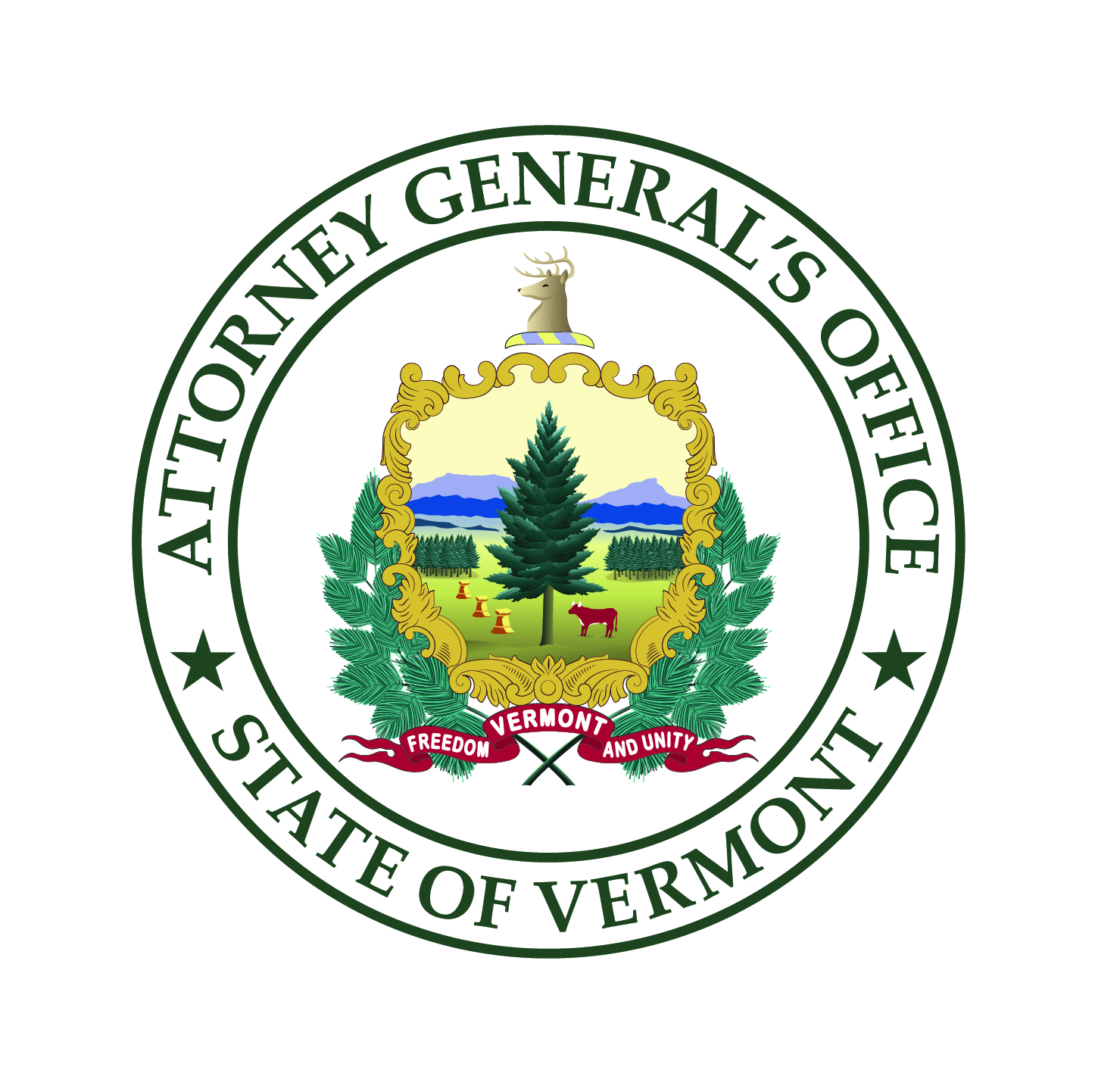“Antitrust laws . . . are the Magna Carta of free enterprise. They are as important to the preservation of economic freedom and our free-enterprise system as the Bill of Rights is to the protection of our fundamental personal freedoms.” United States v. Topco Associates, Inc., 405 U.S. 596, 610 (1972).
Antitrust enforcement ensures fair competition to benefit businesses and consumers. The Vermont Attorney General’s Office is responsible for civil and criminal enforcement of Vermont’s antitrust laws, as defined in 9 V.S.A. § 2453, and has authority to file civil actions under federal antitrust statutes and to review mergers and other anticompetitve conduct.
General Information
The following links provide general information about antitrust laws from the Federal Trade Commission and the Department of Justice:
- Overview of Antitrust Laws
- Single-firm Conduct (Maintaining or Creating a Monopoly)
- Dealings with Competitors
- Dealings in the Supply Chain
- Mergers
- Price Discrimination
- An Antitrust Primer (Price Fixing, Bid Rigging, and Market Allocation)
Vermont Law: The rights of both direct and indirect purchasers are protected under Vermont law.
Credit Cards: Under Vermont law, a Vermont merchant may give a discount or other benefit to customers who use a means of payment preferred by that merchant. 9 V.S.A. § 2480p. (Contracts between merchants and credit card companies sometimes prohibit a merchant from offering a discount to a customer who pays in cash.)
Predatory Pricing: Vermont’s law against predatory pricing is set forth in 9 V.S.A. § 2461c.
Remedies: Vermont’s antitrust remedies, and the rights of “indirect purchasers”, are set forth in 9 V.S.A. § 2465. Indirect purchasers are those who purchase goods or services from an entity which itself had purchased them from another entity which engaged in anticompetitive activity. Many state laws protect only the original purchaser, not the indirect purchaser, even though typically the indirect purchaser is the one which pays for the anticompetitive behavior.
Report suspected violations: If you believe that a business or individual is violating antitrust laws, you can contact the Office of the Attorney General by email at ago.antitrustinfo@vermont.gov or by mail at:
Office of the Attorney General
Antitrust Unit
109 State Street
Montpelier, VT 05609-1001
Electronic Books (E-Books) Antitrust Litigation
The Vermont Attorney General, together with 32 other Attorneys General, brought this antitrust case against Apple and five of the nation’s top publishers for conspiring to fix and raise the retail price of e-books. The Attorneys General, together with plaintiffs in a class action brought against the same defendants, settled their claims against the publishers for $166 million, over $1.7 million of which went to Vermont consumers.
The Attorneys General and the Department of Justice took their case against Apple to trial. In July 2013, the federal court ruled that Apple violated the antitrust laws by playing a central role in a conspiracy with the publishers to eliminate retail price competition and raise e-book prices. A second trial is set for July 2014 to determine the amount of damages to be paid by Apple.
American Express Merchant Fees Antitrust Litigation
Vermont and other Attorneys General sued American Express, Visa and MasterCard to challenge the companies’ rules that prevented merchants from offering discounts or rewards to consumers who used competing credit cards and from providing consumers with information about the costs associated with the use of their credit cards. The States alleged that these policies caused consumers to pay more for their purchases and raised merchants’ costs. The States and the Department of Justice settled with Visa and MasterCard in 2011. A trial against American Express is scheduled to begin in July 2014.
Retail Gasoline Pricing
Many consumers express concern about the high and similar pricing of gasoline. While it is legal for gas stations to set pricing based on public information about competitor pricing (called “price following” or “parallel pricing”), it is illegal for gas station owners to explicitly agree to fix prices. Such collusion violates antitrust laws and may justify criminal penalties. In 2012, Attorney General Sorrell requested that the FTC investigate price discrepancies in Vermont. If you have evidence of collusion in the retail gasoline industry, please contact our office at ago.antitrustinfo@vermont.gov or at the mailing address above.
Please email antitrust-related concerns and complaints regarding Vermont’s dairy industry to ago.dairy@state.vt.us. Significant filings in Allen v. Dairy Farmers of America, the dairy antitrust class action litigation taking place in Vermont’s federal court, can be found here. The Attorney General’s 2010 Report on the Capper-Volstead Act and the Northeast Dairy Fluid Milk Market can be found here and comments to the Department of Agriculture and DOJ regarding competition in the Agriculture Industry.

